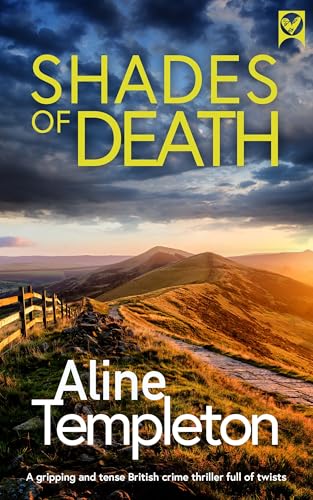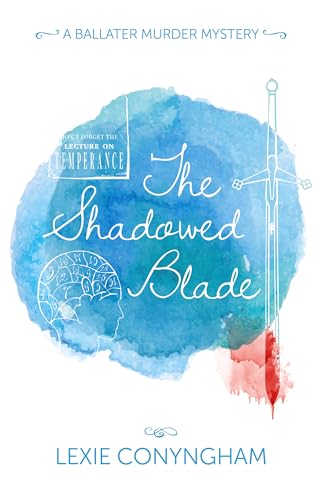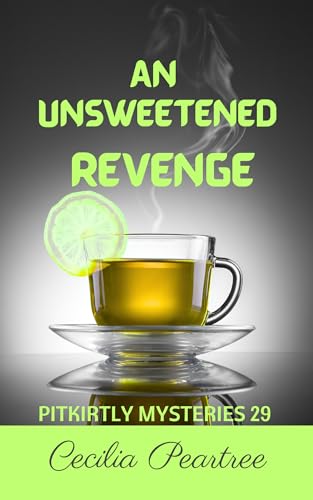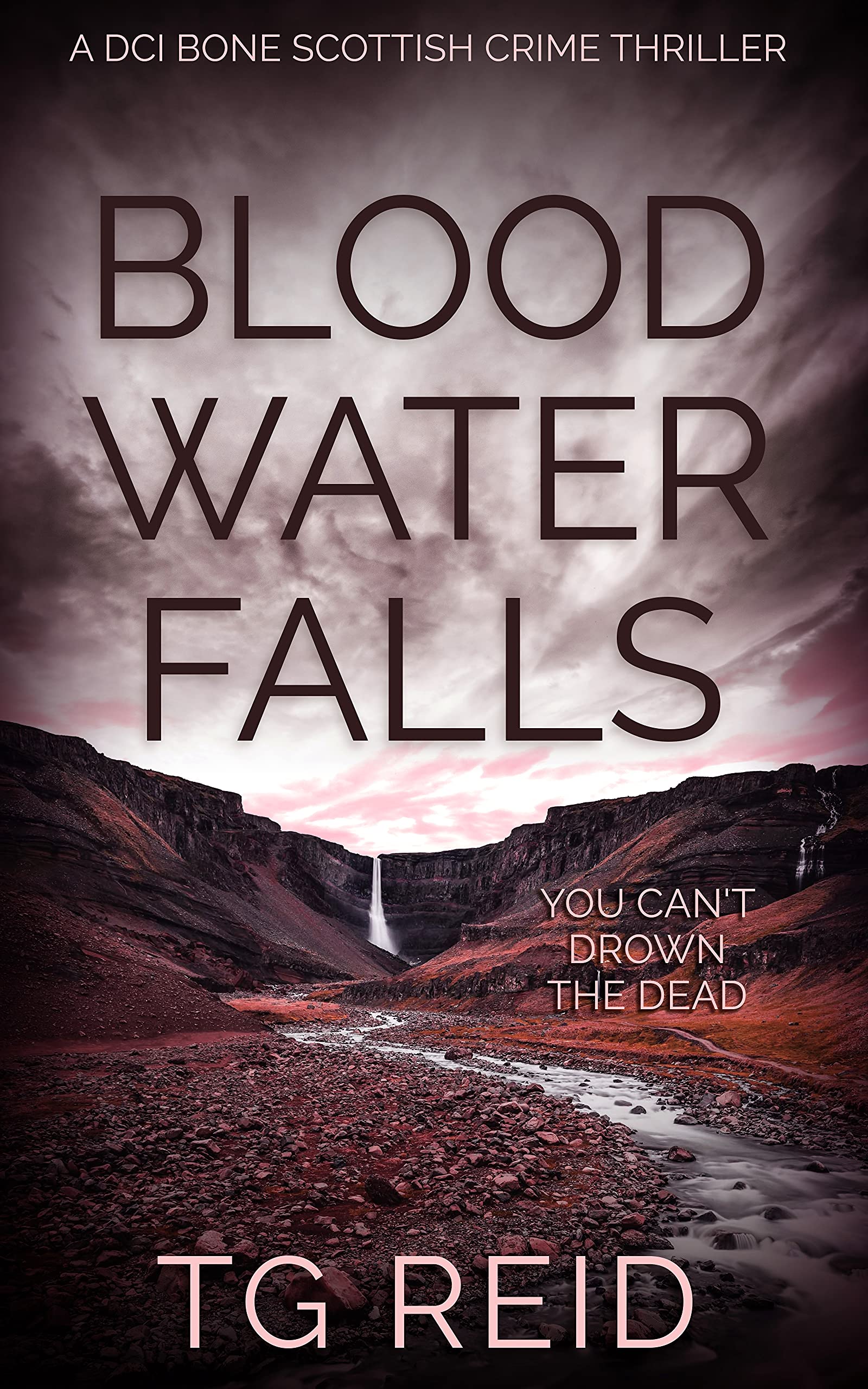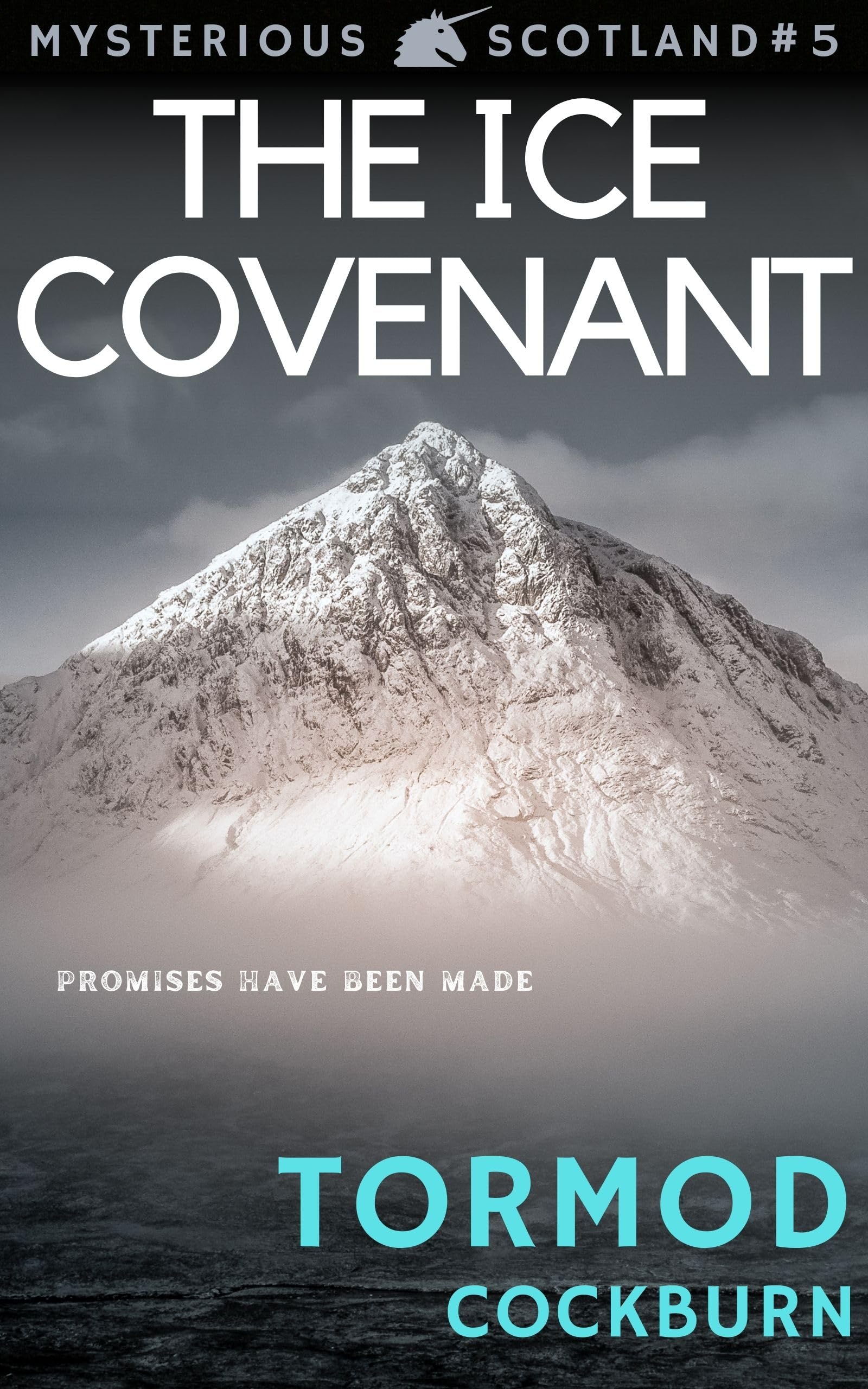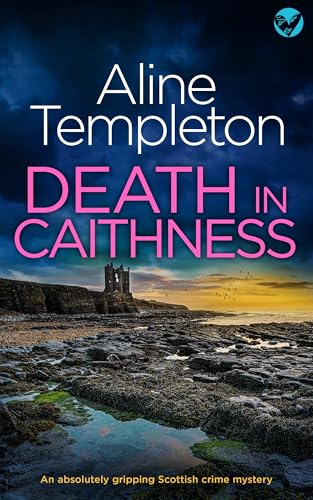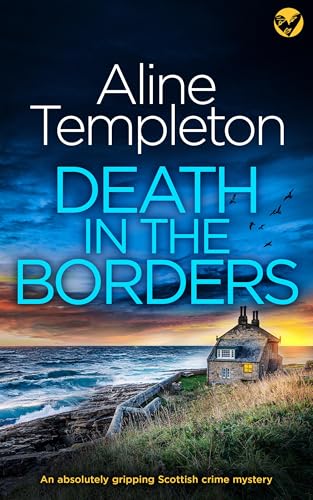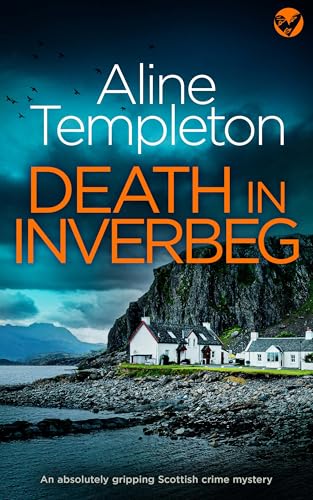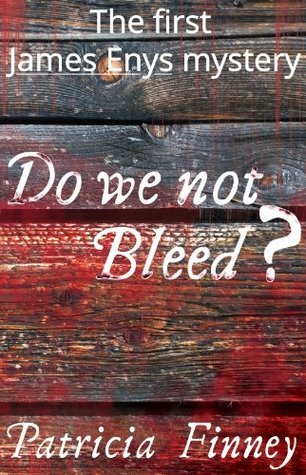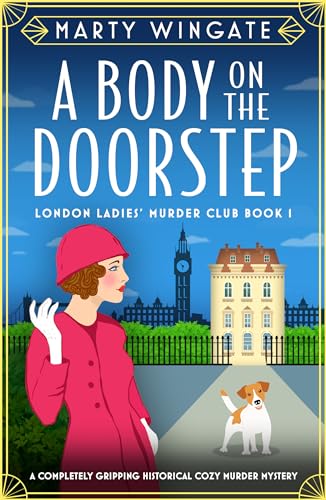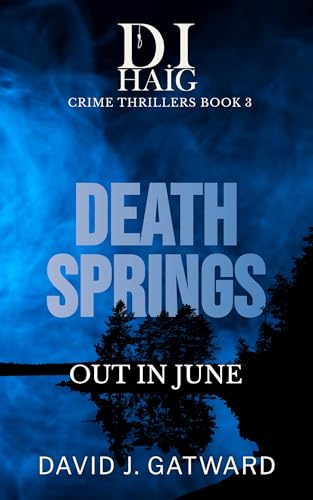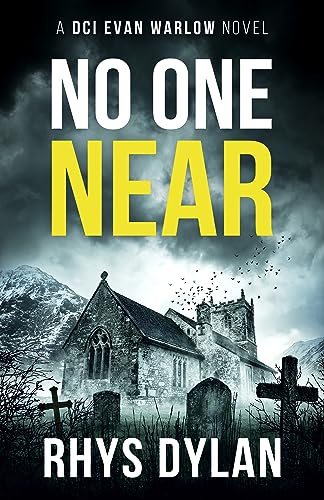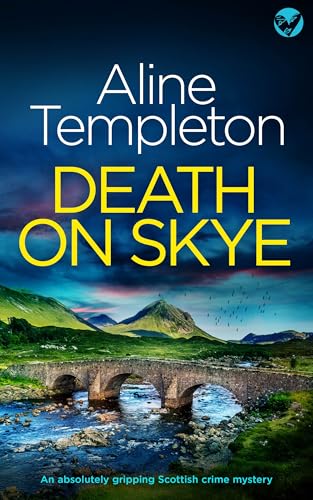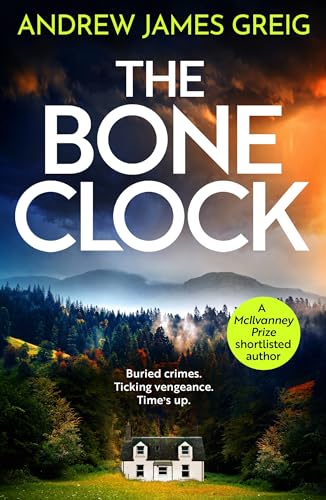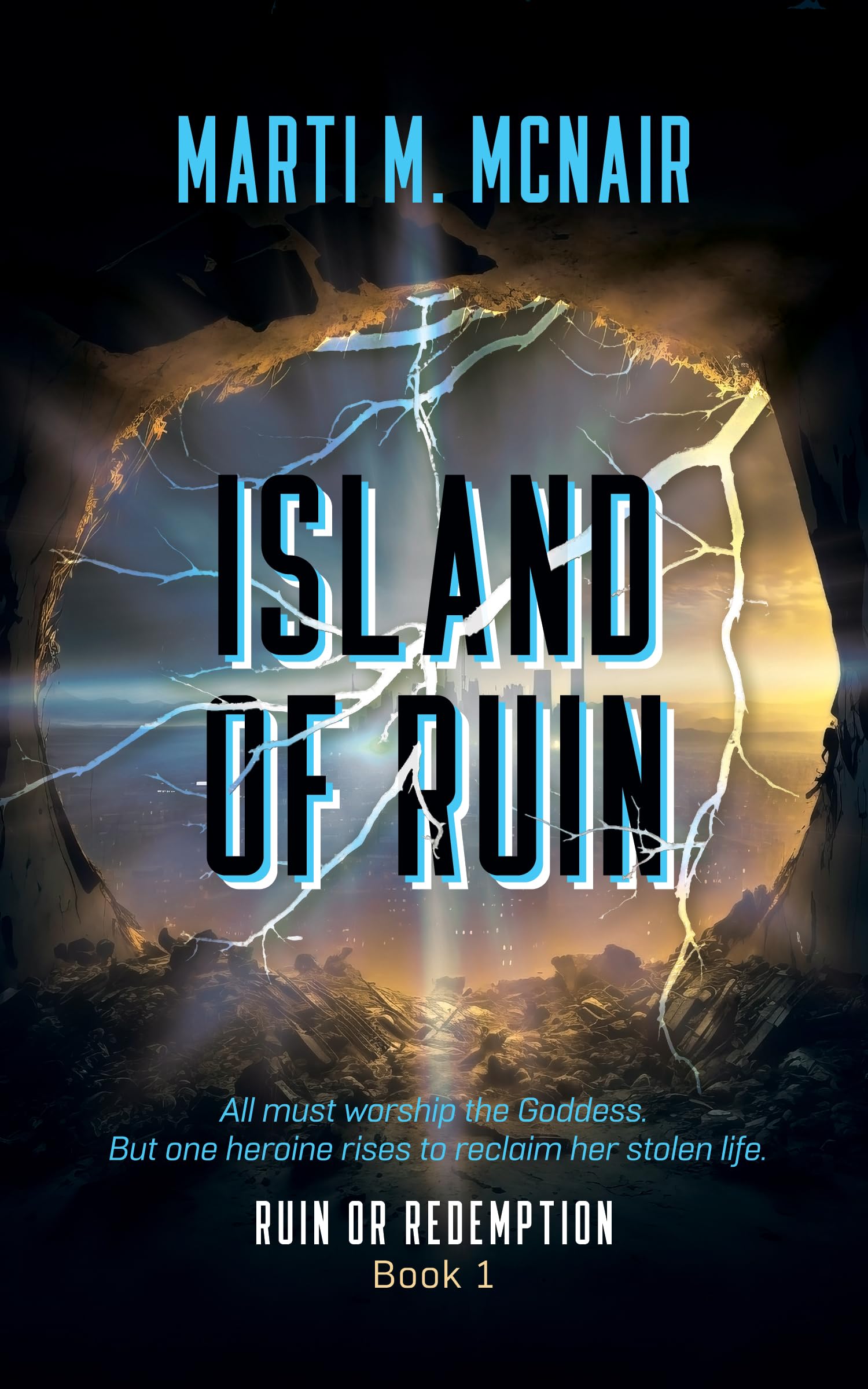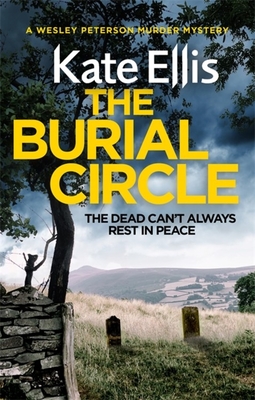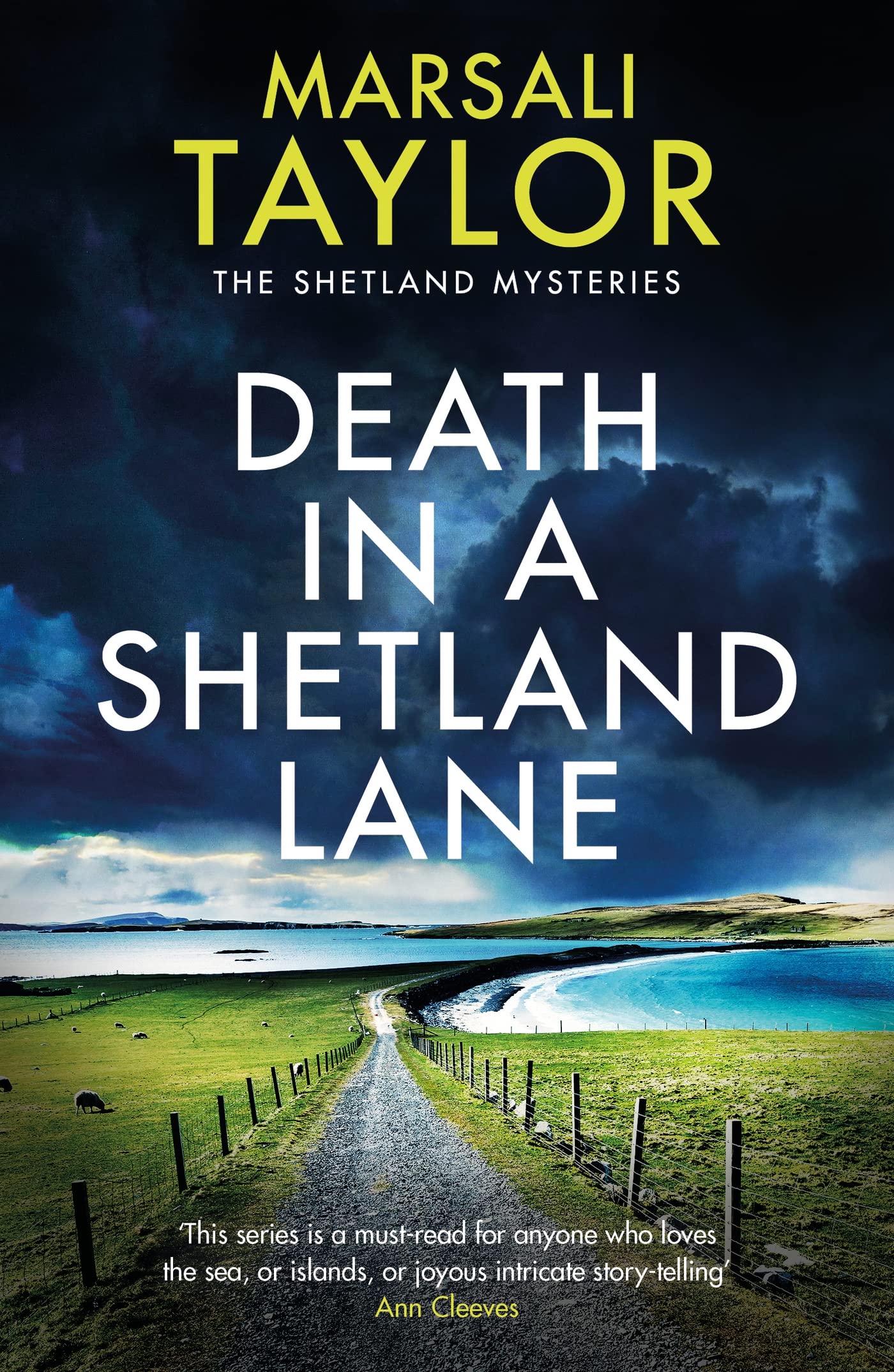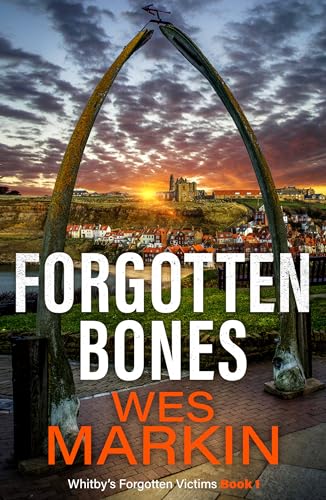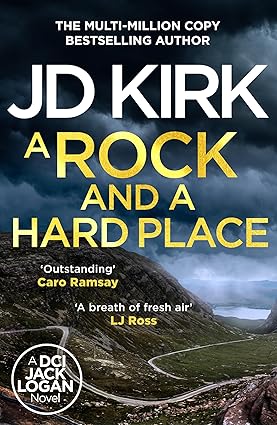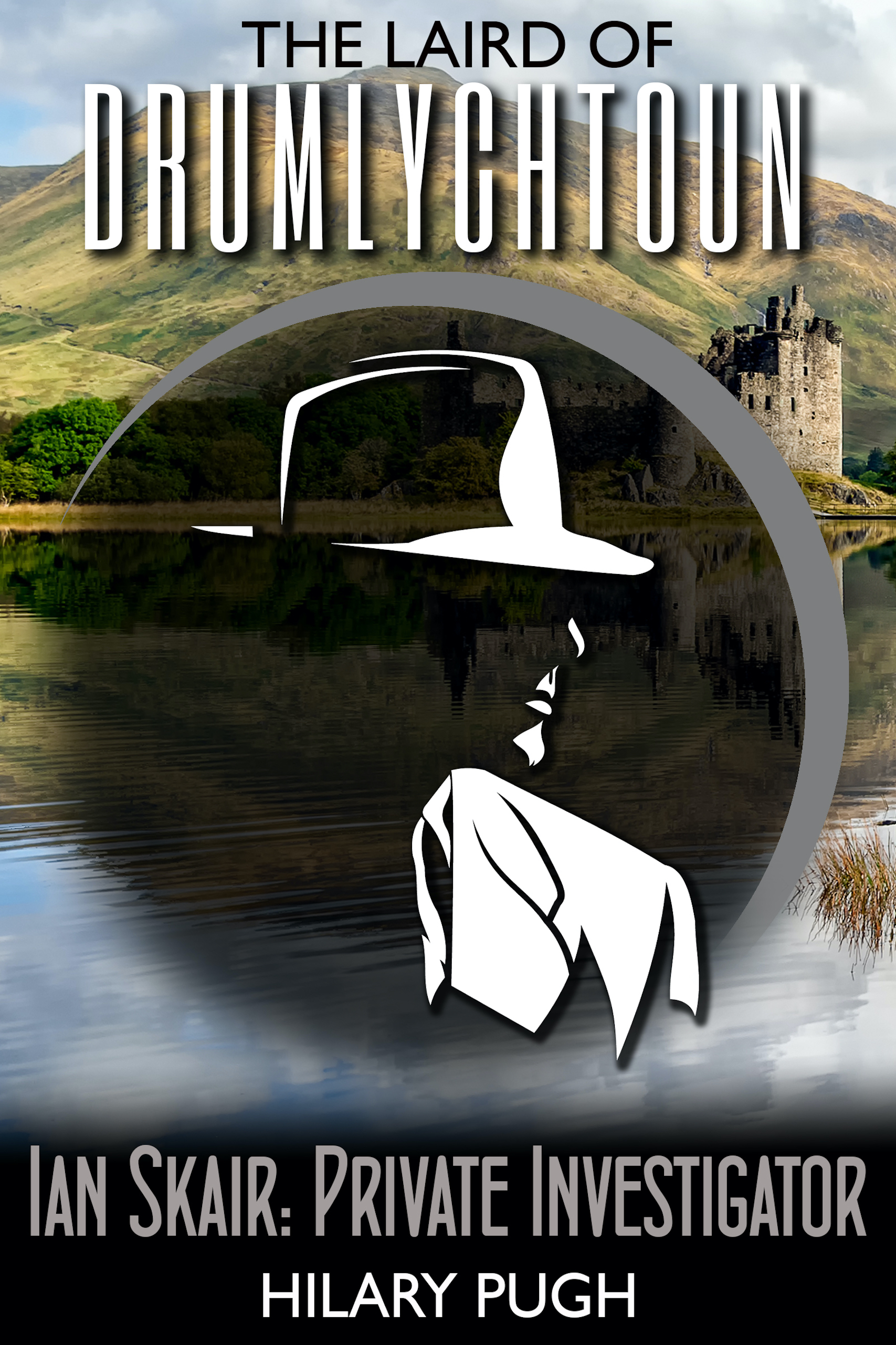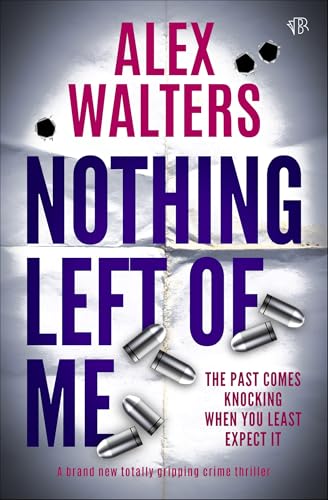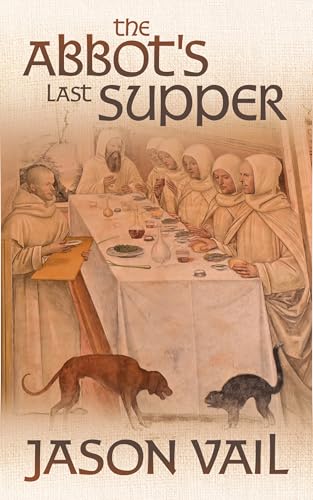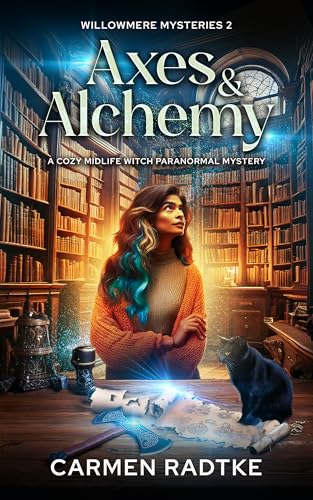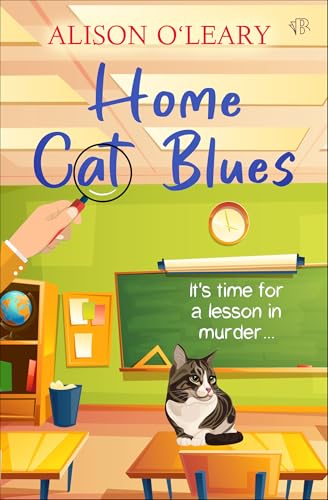Some books started in November and finished in December - see if there's anything you fancy! There seems to be a generous helping of paranormal and / or cosy this month - I think it's the reading equivalent of hygge.

Carmen Radtke, Heartbreak and Hexes: This village is thick with
magic, so if the paranormal is your thing blended with cosy crime, walk
straight in. The wry humour doesn’t go amiss, either, so these are the kind of
book it’s easy to curl up with when the world outside is a bit too grim. My favourite
line: “The plot has thickened so much, it would stick to the pot if you flipped
it over.”

M.C. Mackay, The Ballochbrae Book Club: Quite a few characters to
take in over the first few chapters, but they all begin to make sense fairly
quickly. This is set around Ballater in the fictional village of Ballochbrae
and feels authentic, though occasionally it reads like a guidebook. The
characters are more memorable than the plot, but perhaps this new series will
find its feet quickly.

Aline Templeton, Night and Silence: Another standalone with the
complex, realistic characterisation I’ve come to expect from Aline Templeton.
There are quite a few characters in this one, including a number of ex-lovers
of the unlikeable victim, Willow, a nurse with a sideline in blackmail. Several
others are people one would not wish to spend time with, but Cordiner’s wife
and son, as well as Cordiner himself, are a bit more likeable and there is
plenty going on to keep our interest and sympathy. This is a tight little
community but not close-knit, and the tensions between the various people are
brilliantly observed.

Nikki Coplestone, Directions for Murder: The next Jeff Lincoln
book with a well-designed plot with lots of intriguing, inter-connected
characters in a very realistic setting. A few of them needed their come-uppance
and not everyone gets it, but it’s still a very satisfying read and Jeff himself,
a realistic and likeable detective, is setting off on the next stage of his
life, which is great.

A Case of the Claws: Classic Tales of Feline Crime: A pretty little book containing four crime mysteries for cat lovers, by Catherine Aird, Edmund Crispin, Patricia Highsmith and Ellis Peters. This makes a nice little gift, but also a quick and amusing read. The actual cover is great!

Kura Jane Carpenter, Pride and Prejudice and Mice: This
absolutely charming little book is very well grounded in the original Jane
Austen novel, but with mice as the main characters, as the delightful
illustrations show. I gather there’s a colour version planned, but for now the
paperback is a joy, with a wit that I’m sure Austen herself would have
relished.

Aline Templeton, Death in the Black Isle: I really struggled with
the first part of this, because I didn’t want Oriole so put upon, and I didn’t
want Perry to succeed, and I didn’t want the trees cut down, and I found it
quite upsetting. And I’m still not sure about Cat. Then the first recognised
murder occurred, and we were off. As usual the characters were well drawn and
the setting very realistic, and Murray is coming into her own very well.

J.D. Kirk, First Among the Dead: This is a novella set in the
early career of Tyler Neish, including his first meeting with Hoon. It’s
entertaining, of course, but also touching, and very nicely plotted with all
the usual laughs.

Jodi Taylor, Murder at Martingale Manor: A Christie-esque murder
mystery novella solved by our time travelling holiday makers, Max and Leon –
beautifully done, as ever.

Sarah Beth Durst, The Spell Shop: Not my usual fare, but
recommended to me as a feel-good read (and I do seem to be reading a few of
those just now!). The main characters are a severely reclusive librarian from a
library of magic books, and her sentient and rather independent spider plant,
Caz. Fleeing from some uprising in their city, they retreat to her
long-abandoned childhood home and try to make a new life for themselves, while
struggling to ignore their helpful and hunky new neighbour. The fact that they
have smuggled (rescued) a few crates of spell books with them, at a time when
magic that has helped the locals survive has been restricted to official
city-use only, gives them something to do, even if it results in a singing tree
and a frolicking cactus. This is very amusing, with some mild and entertaining
peril and a happy ending – great fun.

Sarah Beth Durst, The Enchanted Greenhouse: Well, who doesn’t want
an enchanted greenhouse? This spins off with a minor character who was only
mentioned in The Spell Shop, a librarian in disgrace for casting the
spell that made the spider plant, Caz, sentient. Once again, a feel-good
romance with magic and plants, and lots of fun. I think I'd agree with others, though, who say they didn't feel the romantic chemistry quite so much in this one.
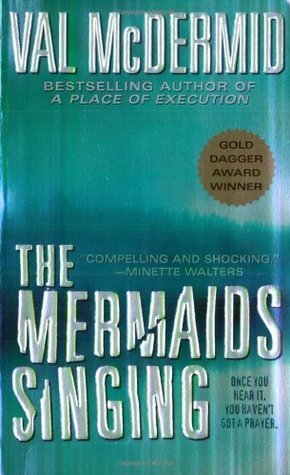
Val McDermid, The Mermaids Singing: I read this in a day on a couple of railway journeys and came out of it … pretty disgusted at the torture stuff, but very pleased with the plotting and writing, on the whole, though I had guessed a fair bit of the solution. I prefer McDermid’s Karen Pirie series by some distance, as well as some of her stand-alones. These are too dark for me, really. But I've always loved the poem the title comes from!
And what am I up to? I'm working on a couple of things at the moment, one being one of those projects that looks all bright and shiny but might never see the light of day, and the other being research for the next Dr. Robert Wilson book, the sequel to The Business in Blandyce. I've let myself in for quite a bit of reading for this series as he crosses Europe - this one will be set in Paris, so still within my linguistic abilities. Not sure what I'm going to do further east! There isn't even a working title yet, so watch this (rather blank) space ...



